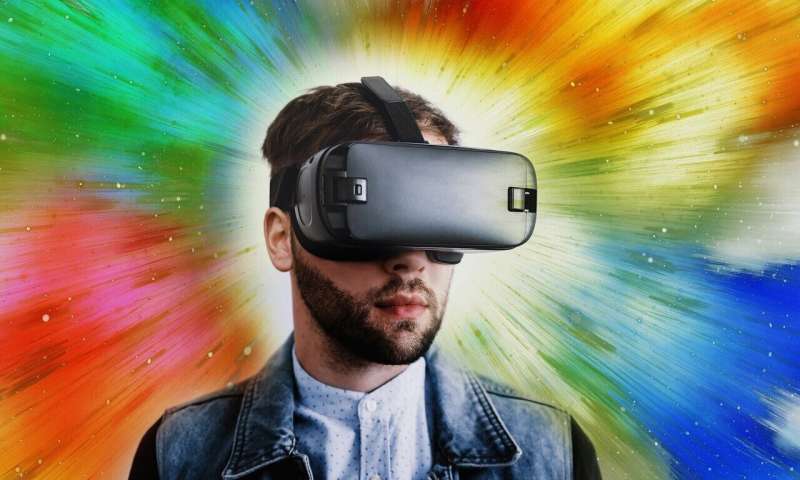Credit: CC0 Public Domain
Technology is providing educators with unimaginable tools that are rapidly coming to the fore especially because of restrictions due to the ongoing COVID-19 pandemic. Writing in an editorial in the International Journal of Smart Technology and Learning, Charles Xiaoxue Wang and Michele Garabedian of the Stork College of Education at Florida Gulf Coast University in Fort Myers, U.S., discuss the potential of virtual reality in education and prelude a special issue of the journal on this topic.
They define virtual reality (VR) as "any technology that provides its users an interactive computer-generated experience through text, audio, visual, spatial and/or speed messages within a simulated environment that engages its users in multi-sensory interactions and reactions." By this definition, augmented reality (AR), mixed reality (MR), and hybrid reality (HR) are also included in the purview of this issue. They point out that with current technology it is possible to seamlessly integrate VR in learning, training, and instruction in many different contexts.
Broadly, VR can offer different communication methods, immersive and reproducible learning environments adaptable for special needs, a unique perspective that promotes interaction and is low-risk. VR also opens up new perspectives that an educator might offer and gives learners novel opportunities for their response.
The number of research papers discussing VR had already begun to increase dramatically in engineering and medicine and more recently the number in educational research has surged too.
"Each article in this special issue offers a unique and significant perspective in exploration of VR and VR related issues," the authors write.
More information: Editorial: virtual reality through the lens of educators. International Journal of Smart Technology and Learning. www.inderscience.com/info/dl.p … 0/ijsmarttl-7050.pdf
Provided by Inderscience























